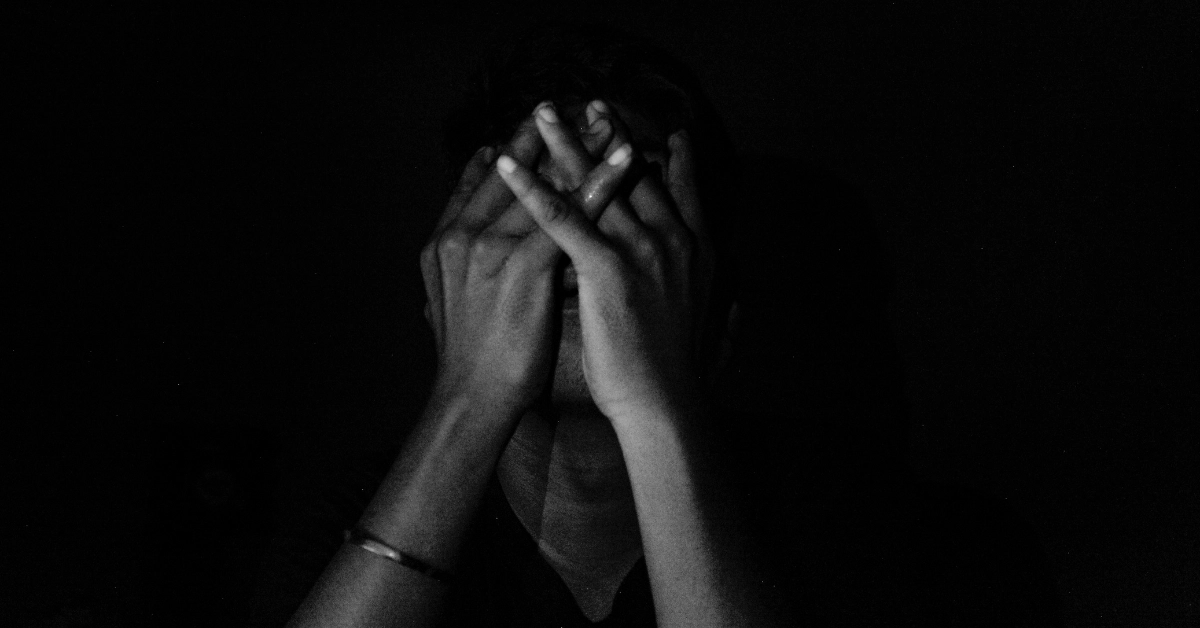Depression Disorders
At Milton Recovery Centers, we know that depression is more than just sadness. It can feel like a heavy weight that makes even simple moments seem impossible. But you are not alone.

What are Depression Disorders?
Depressive disorders are a group of mood problems marked by long-lasting sadness, a feeling of no hope, and a loss of interest or enjoyment in daily life. These disorders include major depressive disorder (MDD), long-lasting depressive disorder (dysthymia), and treatment-resistant depression. They are linked to brain-related, genetic, surrounding, and mental factors.
Research shows that uneven levels of brain chemicals like serotonin, dopamine, and norepinephrine play an important role in depression. These chemicals affect how we control our mood and how we think. Symptoms can include tiredness, changes in appetite and sleep, trouble focusing, and thoughts of suicide in severe cases.
Doctors identify depression using set standards like the DSM-5. Treatment may include talk therapy, medication treatment (such as SSRIs and SNRIs), and changes in daily habits. In some cases, brain stimulation therapies like transcranial magnetic stimulation (TMS) or electroconvulsive therapy (ECT) are used for resistant cases.
Types of Depressive Disorders Treated
Major Depressive Disorder (MDD): Marked by long-lasting sadness, loss of interest in activities, and physical and thinking problems lasting at least two weeks.
Long-lasting Depressive Disorder (Dysthymia): A chronic form of depression lasting at least two years, with milder but long-term symptoms of low mood and energy.
Bipolar Disorder (Depressive Episodes): While mainly a mood disorder, bipolar disorder includes times of major depression and times of mania or high energy.
Seasonal Affective Disorder (SAD): A type of depression that happens seasonally, usually in fall and winter, due to less sunlight.
Premenstrual Dysphoric Disorder (PMDD): A severe form of premenstrual syndrome (PMS) with strong mood changes, including depression, irritability, and anxiety, during the luteal phase of the menstrual cycle.
Postpartum Depression (PPD): A severe depressive episode after childbirth, marked by extreme sadness, anxiety, and tiredness that makes daily life hard.
Situational Depression (Adjustment Disorder with Depressed Mood): A short-term reaction to a stressful event, such as loss, trauma, or big life changes.
Atypical Depression: A type of major depression with mood changes in response to positive events, more appetite, sleep problems, and a heavy feeling in the limbs.
Psychotic Depression (Major Depressive Disorder with Psychotic Features): A severe form of MDD that includes seeing or hearing things, false beliefs, or paranoia along with depression.
Treatment-Resistant Depression (TRD): A form of depression that does not get better with standard treatments like antidepressants or talk therapy. It often needs advanced therapies like TMS or ECT.
Treatment for Depressive Disorders
Partial Hospitalization Proram (PHP)
A Partial Hospitalization Program (PHP) for depression gives strong, organized care while letting patients go home in the evenings. PHP is a step between hospital care and regular outpatient care. It uses many types of help, such as talk therapies, medicine monitoring, and whole-person approaches.
Patients go to the program five to seven days a week for several hours each day. They get individual therapy (like thinking Behavioral Therapy or Dialectical Behavior Therapy), group therapy, and education about mental health to build coping skills. Doctors and medical staff closely watch how well the medicine works and make changes as needed to improve relief.
Additionally, PHPs often use whole-person and hands-on therapies like mindfulness, art therapy, or movement-based therapies. These help people manage feelings and improve health. The goal of PHP is to steady mood, improve coping skills, and help a slow move to a lower level of care, like strong outpatient treatment or regular outpatient therapy. This helps ensure long-term recovery and avoids setbacks.
Partial Hospitalization Proram (PHP)
After finishing a Partial Hospitalization Program, many people move to the Intensive Outpatient Program (IOP) as the next step. An IOP gives organized, high-level support while letting people return to daily life, like work, school, or family. Patients usually go to therapy three to five days a week for a few hours each day. They take part in individual therapy, group therapy, and medicine monitoring as needed.
Treatment in an IOP keeps focusing on coping skills, managing feelings, and avoiding setbacks. It strengthens the progress made in PHP. IOPs focus on building self-reliance and long-term health. They help people use the skills learned in therapy in daily life while still getting regular clinical support. This step-down approach helps people move smoothly to regular outpatient therapy and supports continued recovery and long-term mental health.
Do You or a Loved One Need Treatment?
Our trained, compassionate staff have answers to your questions about treatment. Milton provides:
- Access to top-rated addiction and mental health treatment
- Empathetic and caring assistance
- Guidance on seeking treatment
Verify Your Insurance
If you have questions about your insurance coverage for treatment, our team will review your policy and help you get the care you need.
Are You Ready to Get Help?
Our treatment specialists are available 24/7 to help you or your loved one find a treatment program that suits your needs.
